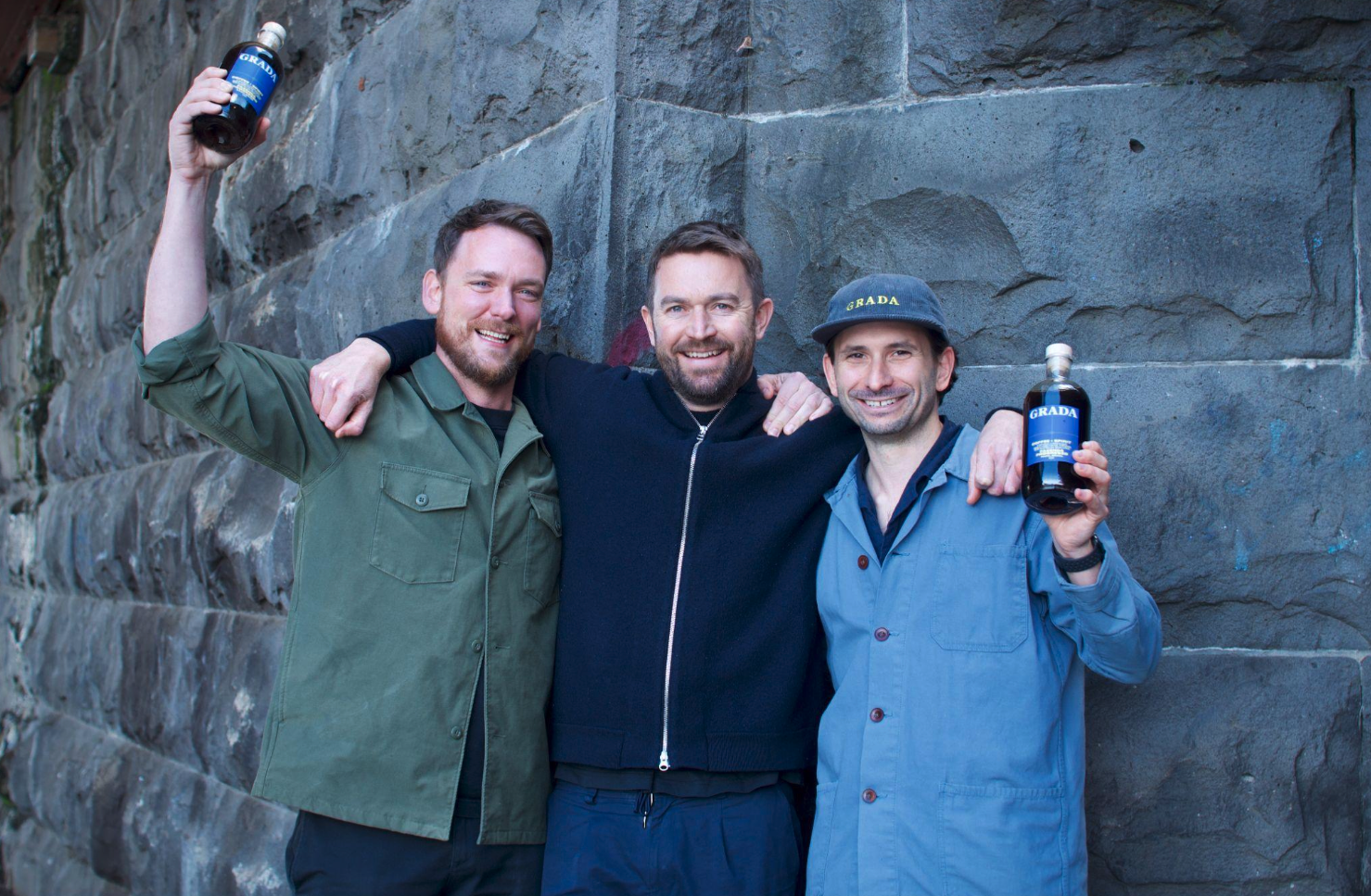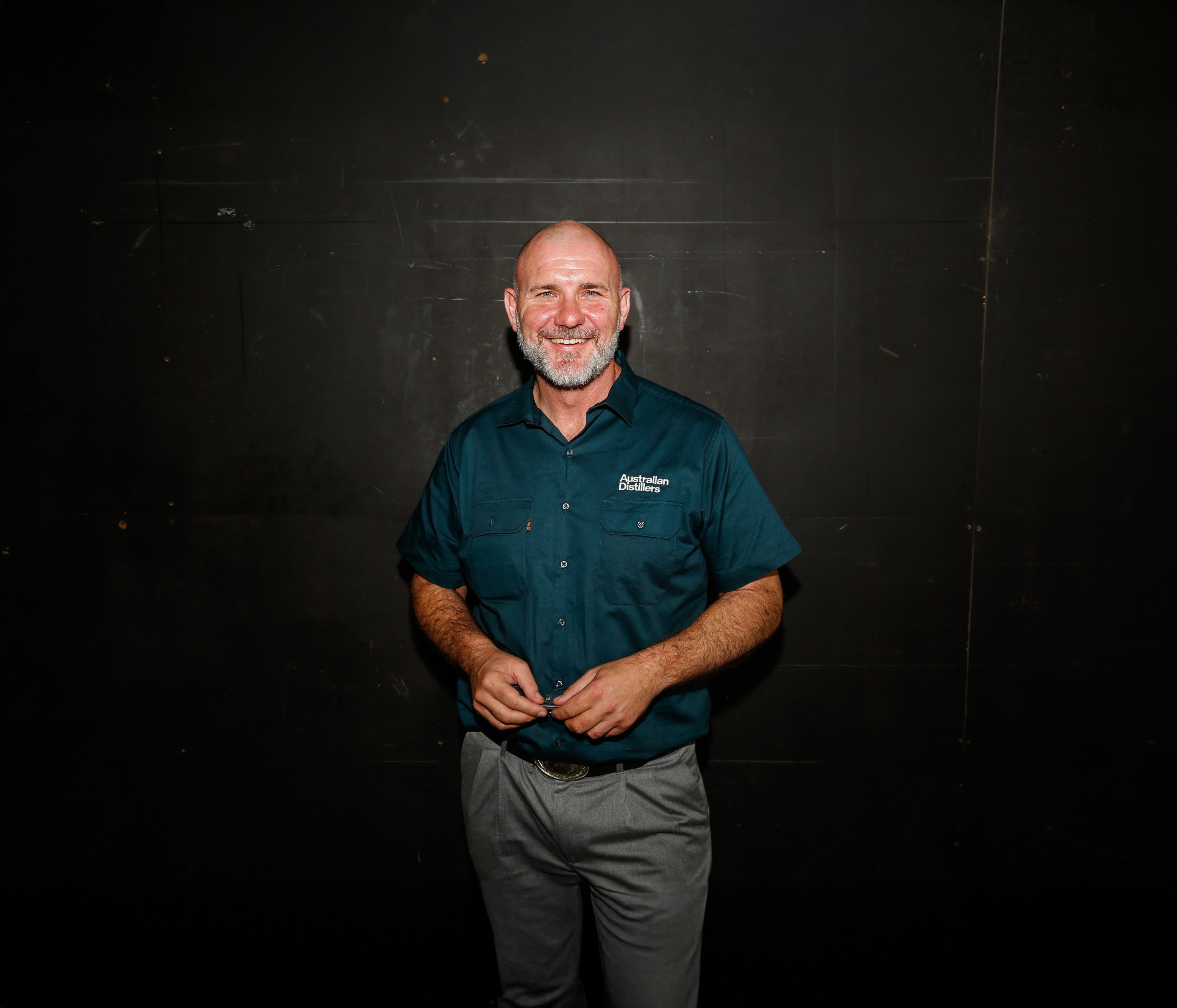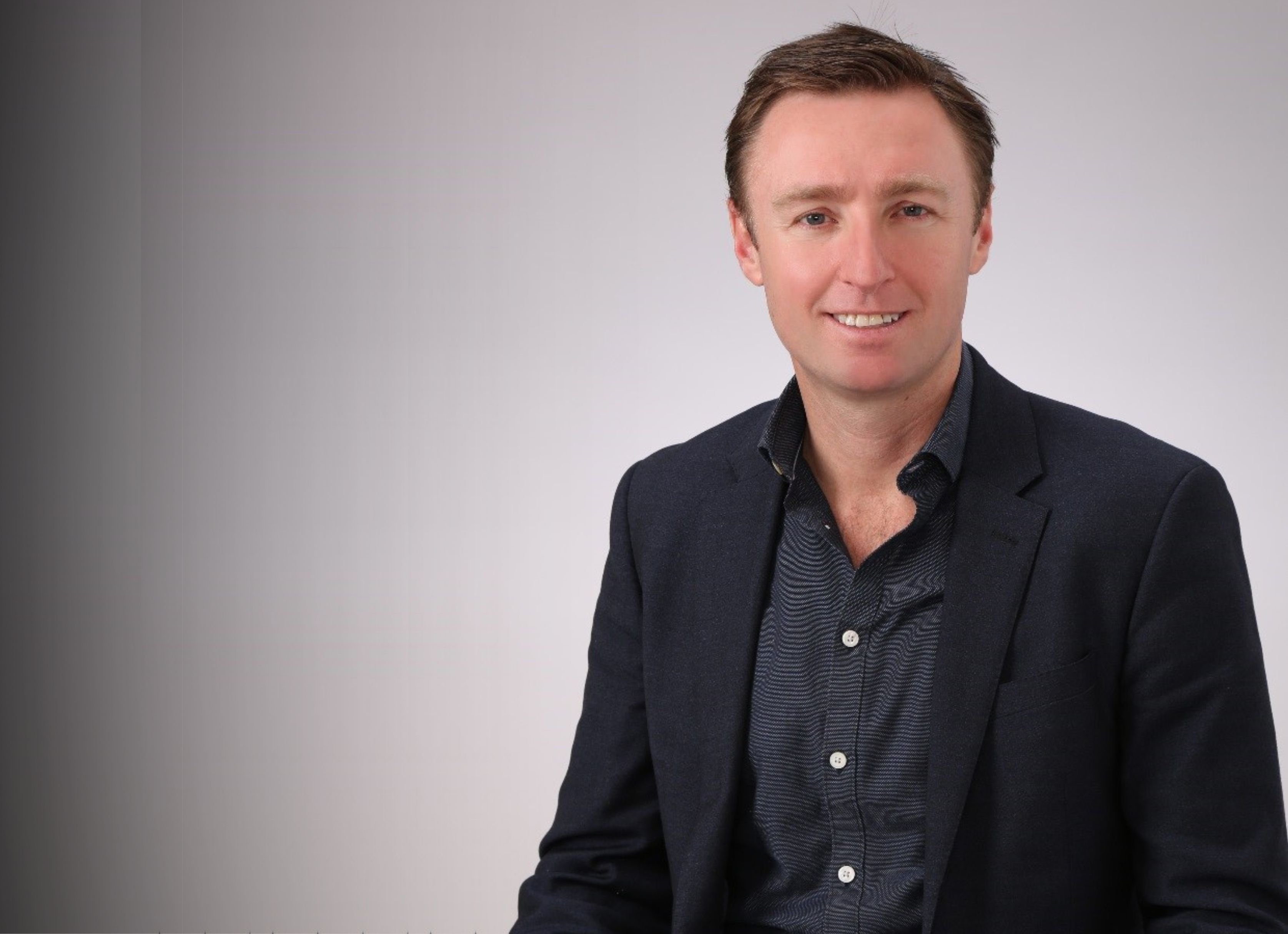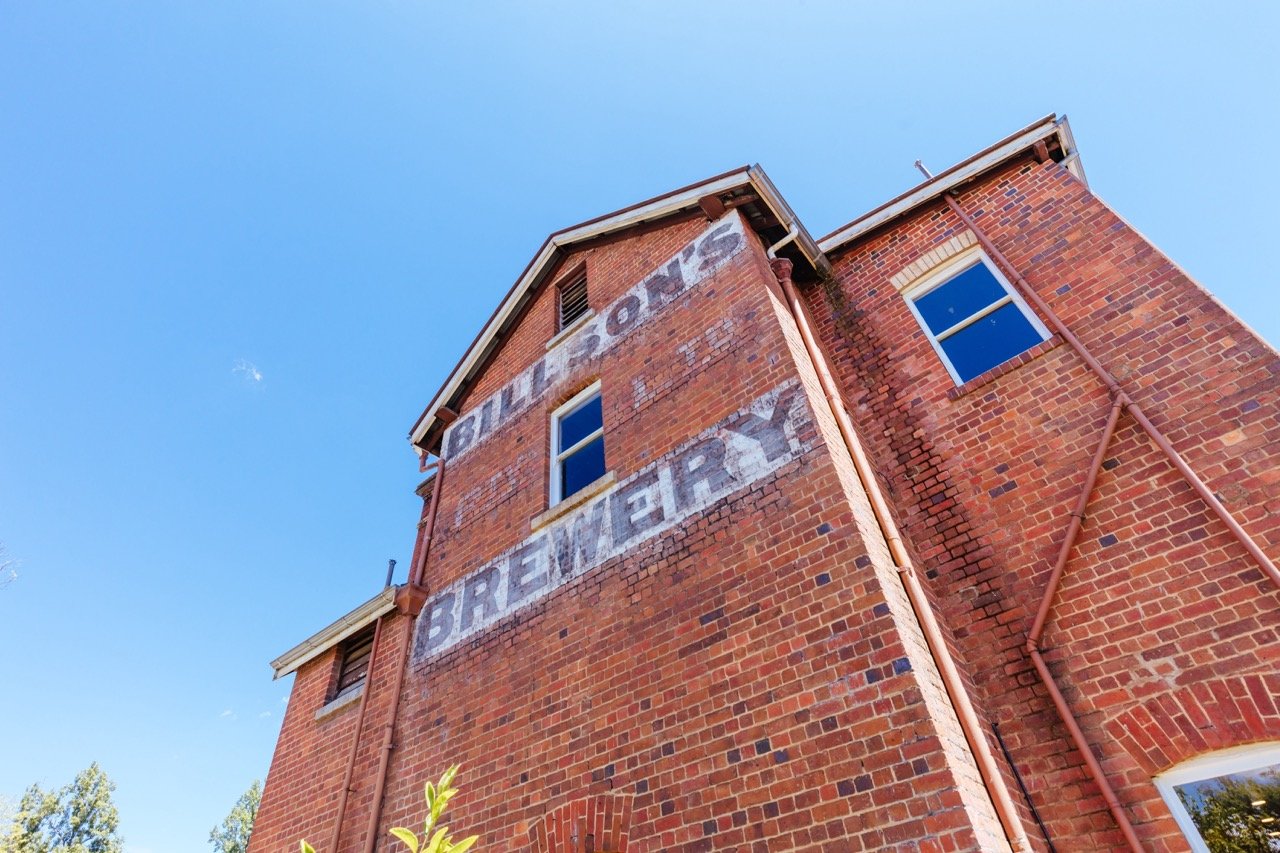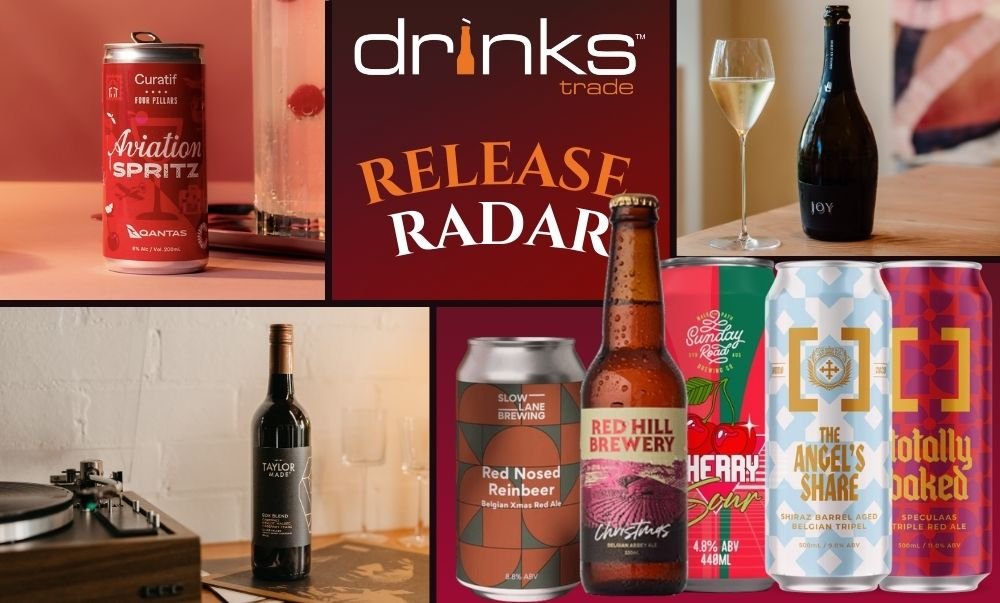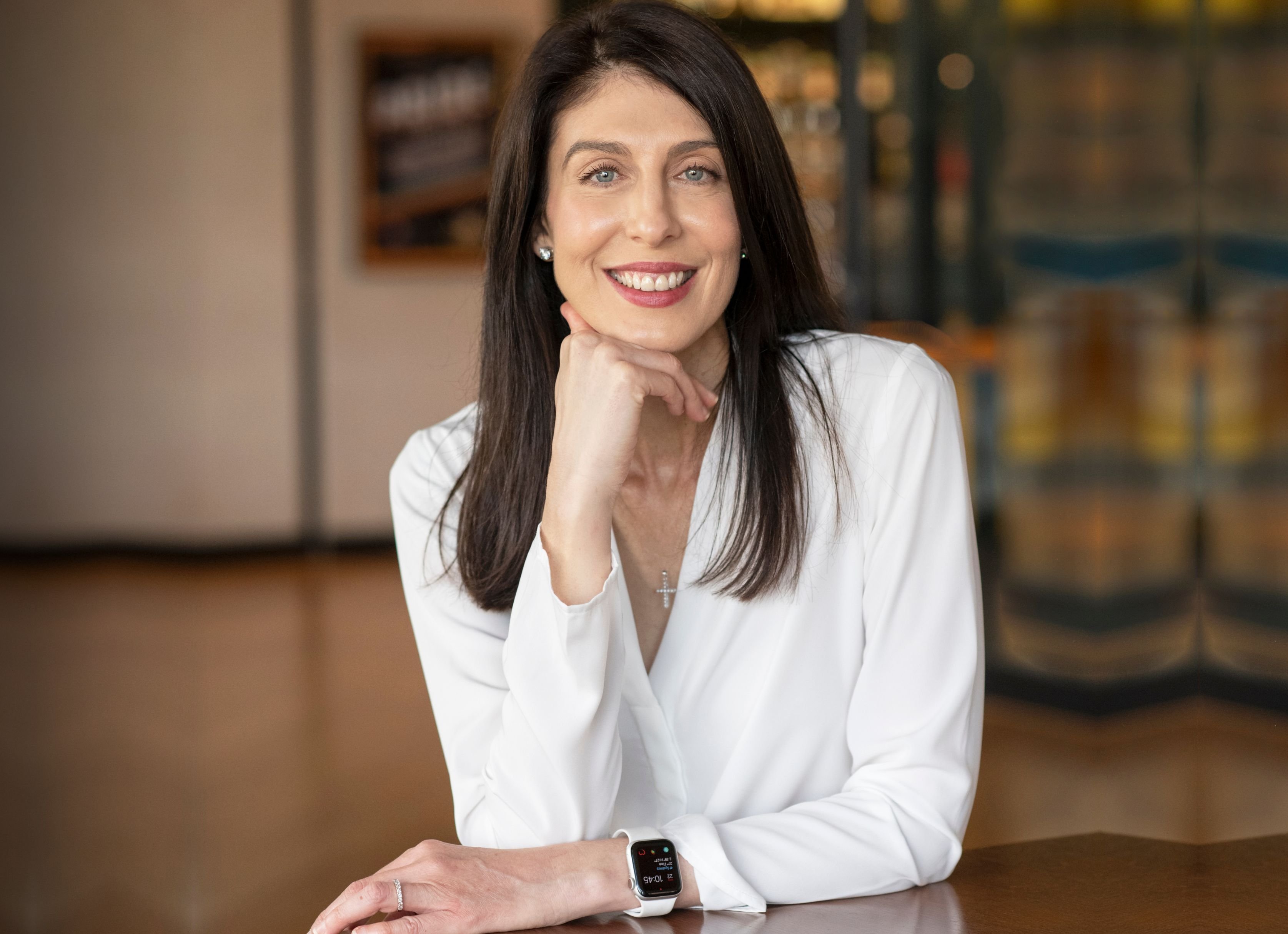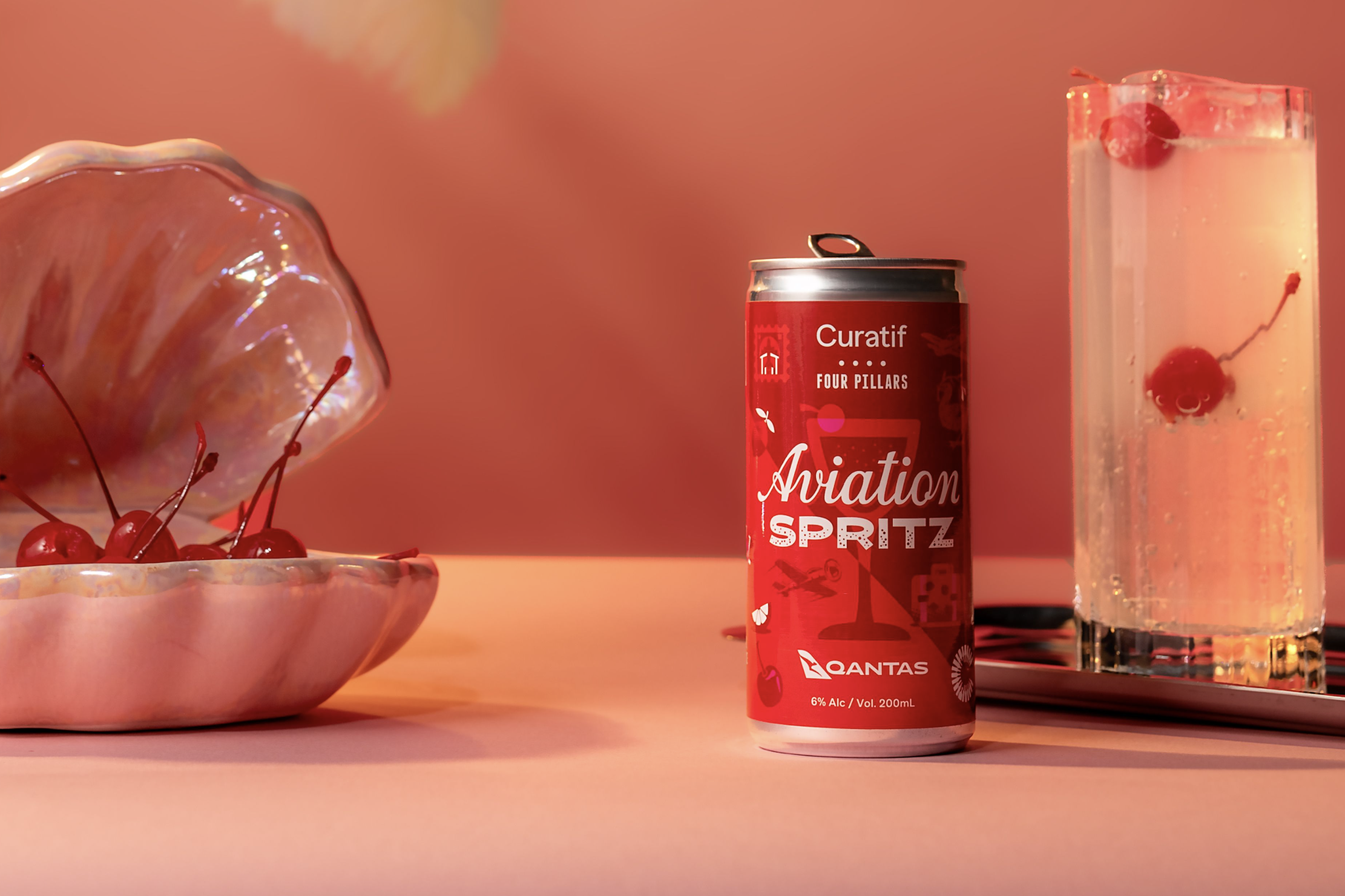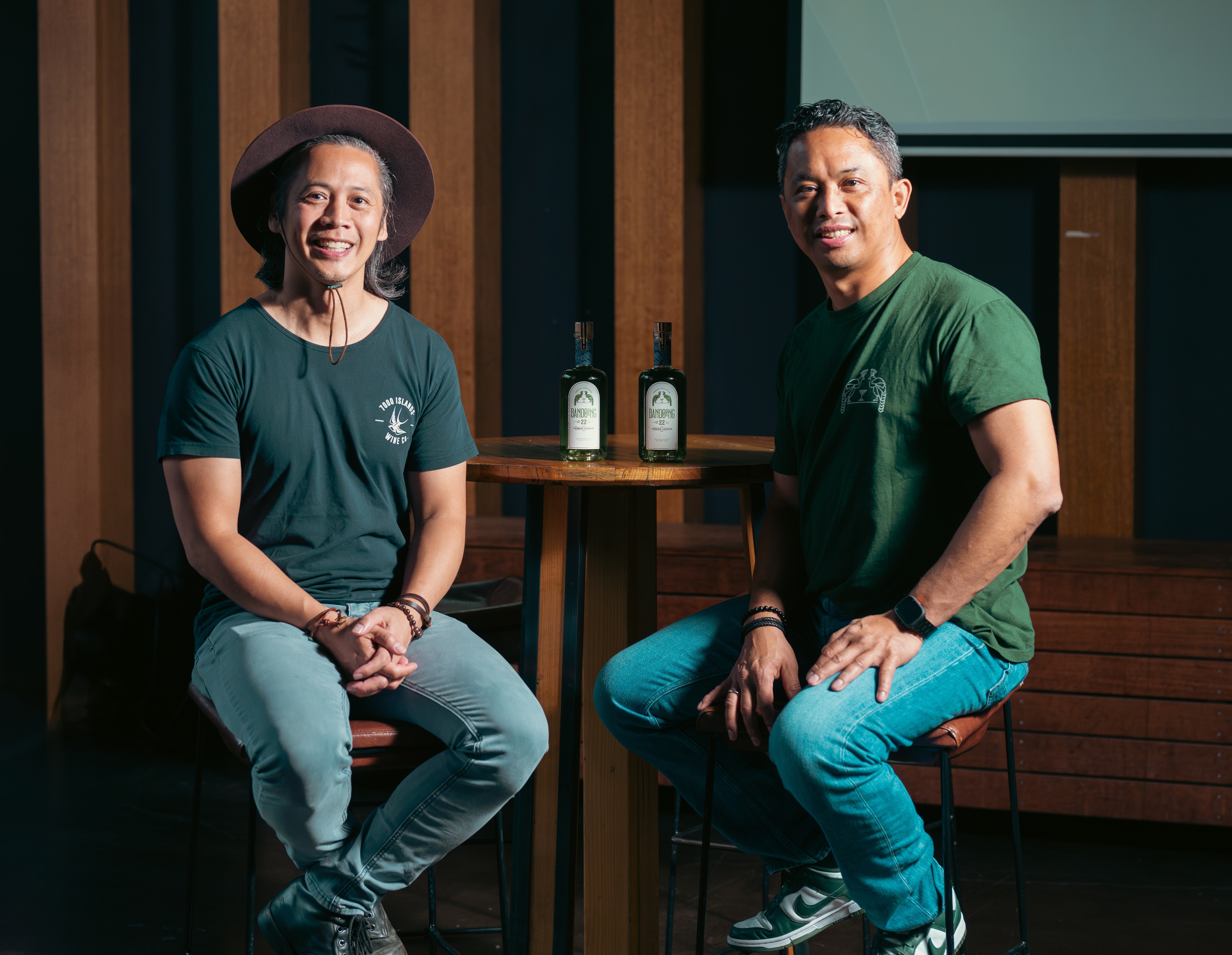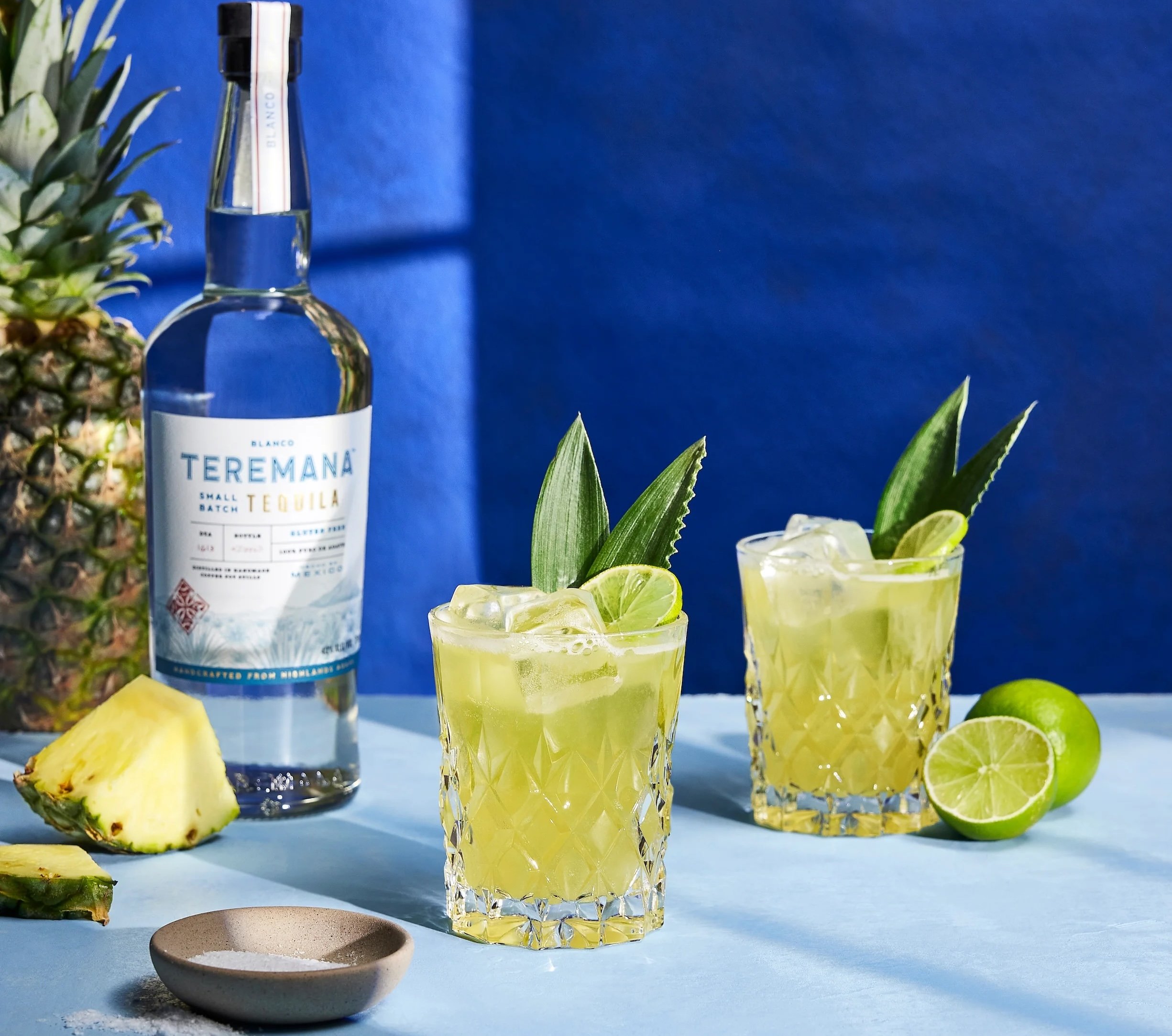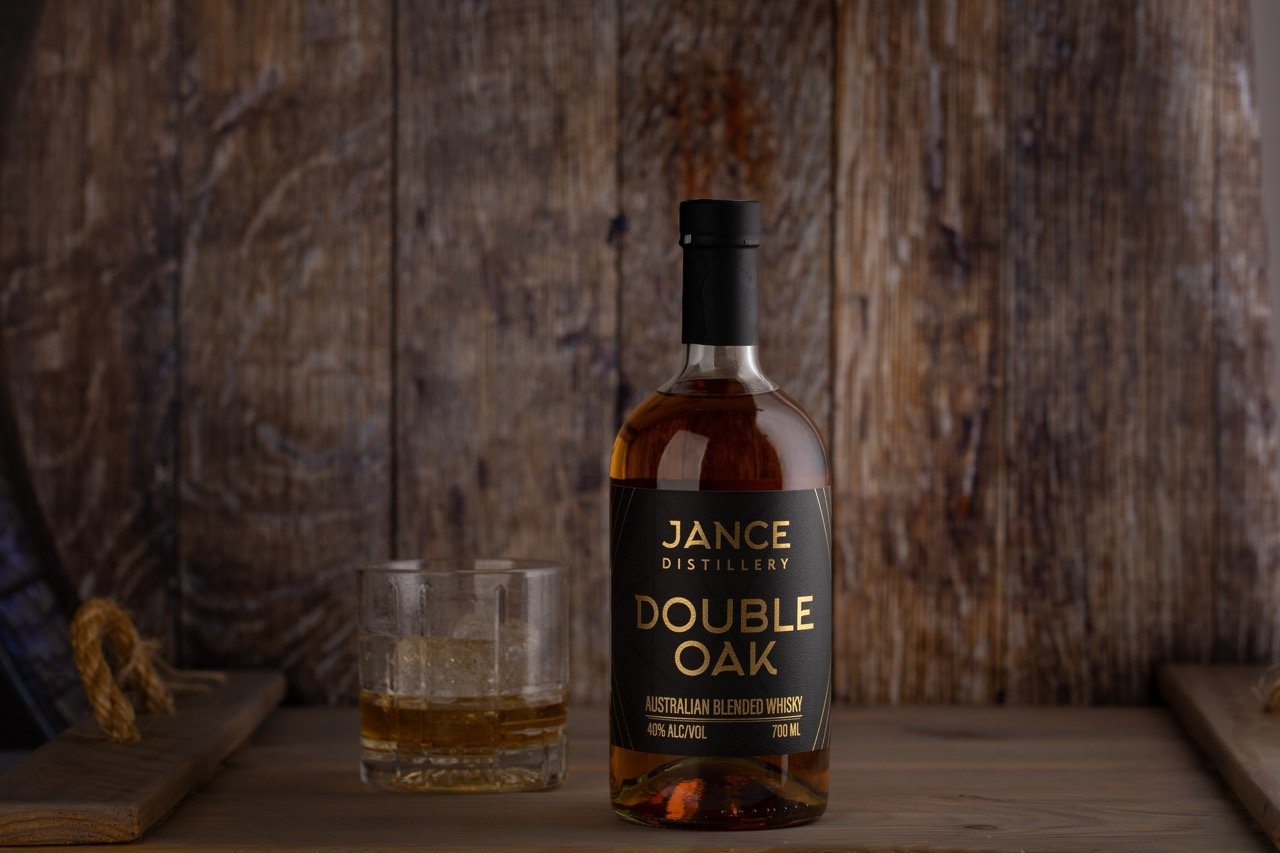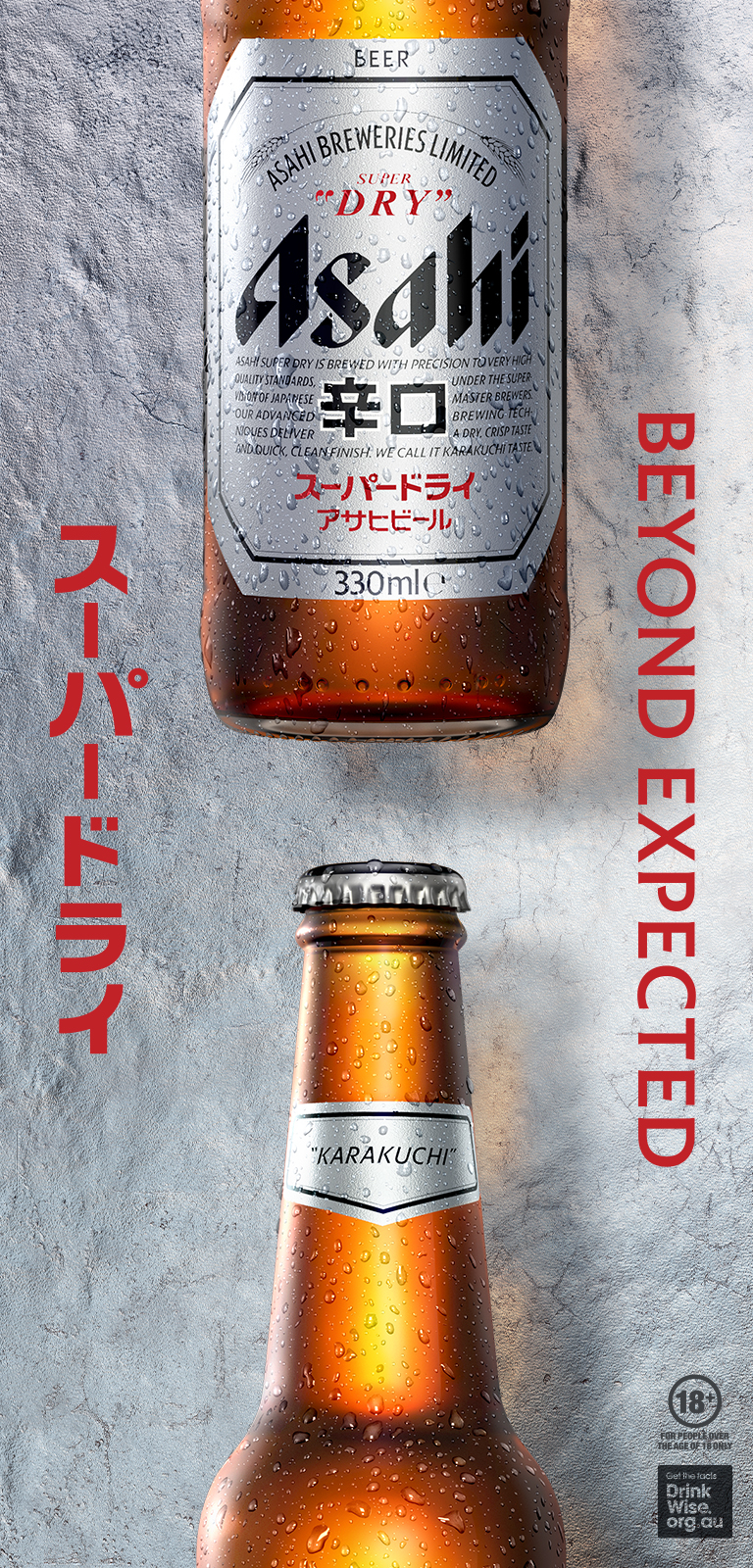The now well-established premium subcategory of coffee liqueurs has more or less emerged over the past decade, with the launch of Australian brand Mr Black in 2013 often cited as a turning point. Since then, the resurgence of Espresso Martinis both in venue and in home bartending has further propelled the coffee alcohol category forwards.
Interestingly, Australia has proven itself as a serious global competitor both in regards to Espresso Martini RTD products and in regards to coffee liqueurs. At this year’s International Wine & Spirits Competition, Australia brought home two 95 point gold medals for Espresso Martini RTD products and one 96 point score for a coffee liqueur, the highest ever score achieved for the category in the IWSC’s history.
In the wake of the results, Drinks Trade reached out to Michael Bascetta, Co-Founder of the 96 point Grada Coffee + Spirit and Founder of Bar Liberty and Capitano, to discuss the coffee liqueur category and where it might be headed.
Drinks Trade: Firstly, what makes Grada different from other coffee liqueurs?
Michael Bascetta: Really, Grada was developed off the back of looking at the competitors in the cocktail liqueur space and also the growth in that space and understanding there was a bit of a gap for a producer to use really high quality type of coffee and be a coffee led coffee liqueur; which sounds a bit crazy when you say it out loud!
DT: Do you feel you’re a) competing against Mr Black and/or b) riding off the back of Mr Black’s reputation?
MB: We went to the US last year with the product/with that sort of thinking and we thought, ‘oh, you know, it's going to help that we're Australian and we're holding a coffee product.' To be honest, we did probably 35 tastings or something to that effect over the few weeks we were there and I don't think it was one of the major factors… They really loved the profile of the product, the brand as a whole and what it stood behind rather than it being Australian. However, as it grows, I would think that being an Australian coffee brewer, especially Melbourne, and being a real sort of coffee foothold in the world will help it.
We really admire what Tom and the team have done with Mr Black, they’ve really paved the way for other coffee liqueur brands to come up as well, especially in Australia, so that success and obviously the acquisition by Diageo.
DT: Where’s the sector heading? Do you feel you’re riding on the back of trends or do you feel the category will grow?
MB: If you look at the [Pernod Ricard] portfolio with Kahlua, one of the fastest growing products in their portfolio is Kahlua.
We obviously already knew that the Espresso Martini was a really widely drunk cocktail, and then we obviously looked at the success of Mr Black in Australia, and so you look at those sort of two pieces and then look at the category as a whole and there's not many other competitors at all. I've spent a lot of time traveling around Australia and then I was in the US last year and UK also, and it's the same story there. You talk to anyone about what coffee would they use. 90% of the time it's either Kahlua or Mr Black. The other 10% of the time it's usually a small local example that isn't hugely scaled outside of that state or country that you're in. It was a bit of an ‘aha’ moment for us.
I definitely think we'll see more brands coming through - not just in Australia but elsewhere in the world - that are doing coffee-specific spirits, but they might not be a classic coffee liqueur… I think definitely more will come out that are a little bit more niche, maybe in the coffee Amaro space or coffee with other botanicals or whatever else to create really interesting coffee-based spirits.
DT: Where is the coffee liqueur market and how’s it being used?
MB: It's an interesting one because coffee in cocktails outside of the Espresso Martini has been a bit of a slow burn but over the last sort of 12 to 18 months I'm starting to see a lot more coffee cocktails coming onto the menus… So seeing lots of different coffee variations pop up has been obviously gratifying considering we just launched the brand, and even some venues sort of coming up with three, four, five coffee-based cocktails and doing little coffee menus is really great.
We see the category growing outside of the Espresso Martini, which is great, albeit the vast majority at the moment is going into that cocktail, and that cocktail is generally in the top three sold in Australia at any one time.
I think what's interesting about Grada is the idea that someone can go into a bottle shop and not have to worry about buying the vodka, the coffee liqueur, whatever else they're putting into their espresso martini, and they're just picking out one bottle. I think most people that want to make espresso martinis at home or whatever else are going in and spending $120/$130 on just stocking out, perhaps for only a few drinks, whereas they can buy Grada and get seven drinks out of it and not have to break the bank.
DT: Is there much overlap between coffee and alcohol?
MB: I think that's a big reason for our existence, to be honest, is that we feel that it doesn't overlap… I come from very much a restaurant background rather than a bar and I always thought that restaurant people didn't talk to bar people enough and wine people didn't talk to spirit people enough, and I just feel like the gap between coffee and spirit is even wider than that.
Now that we're bringing something to market that really speaks to the coffee world we have constant feedback from coffee professionals that are sort of saying, ‘oh, finally, a coffee liqueur I can drink because they understand our background and that ethos and what we're trying to do with the product.’
DT: Can you explain the coffee side of Grada a little bit more?
MB: We have a small coffee brand in Melbourne called Stella and that's been ticking over for the last four or five years, mainly selling into my venues (which I'm now out of): Bar Liberty, Capitano, Felford Bakeries in Melbourne… Our whole ethos around Stella is single farm producers: working really closely with them and then producing really high quality wholesale coffee.
Tim Varney is our director of coffee across Stella and Grada. His background and what he's done in the coffee space is quite amazing: he was the Head Roaster at Tim Wendelboe in Norway for six years, [he’s] roasted for Noma, he started the World Aeropress competition as a bit of a joke, and now I think it's in 80 countries or something crazy, so he's got such a great foothold in coffee. And Tim’s the guy that we have sourcing the coffee, roasting it, brewing it to make Grada. And being from Australia and from Melbourne, I do think that's something that will be hugely advantageous to us over the long term.
//
Grada Coffee + Spirit is made by Worksmith in Melbourne. For more information, read this Drinks Trade article.
Share the content
